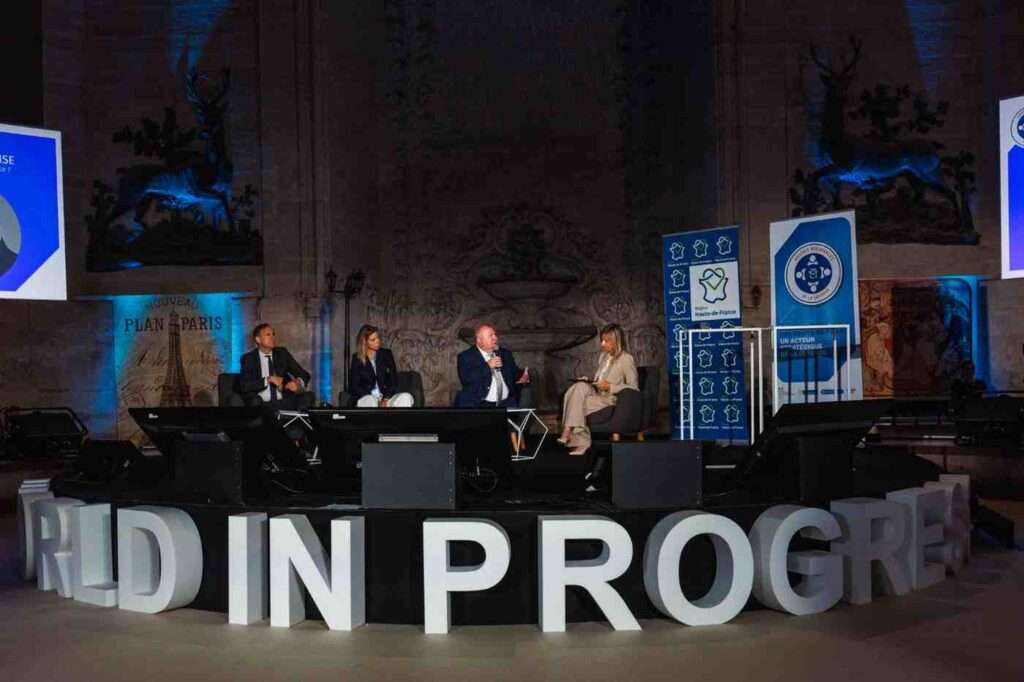National and international political instability is a new lens for how we understand business education. Leading global business schools are embedding geopolitics into the curriculum as never before. Schools such as ESCP, Cambridge Judge, ESSEC, and IMD are establishing new centers, degrees, and courses to prepare future leaders to think strategically about foresight, risk, and take action in an unpredictable environment. From EDHEC’s principle of “anticipate, act, do not injure” to Rotman’s module focusing on trade tensions led by former Canadian finance minister Bill Morneau, business school programs are preparing students and graduates to navigate instability in volatile markets, ambiguous shifts in trade regulations, and crises in diplomacy.
EsadeGeo is one of many research centres successfully connecting policy with business strategy as student demand for these skills is rising. As industry leaders are coming to the realization that, in this economic setting, the skill needed for organizational success relies upon its organization to successfully navigate geopolitical currents as much, if not more, than finance, technology, or marketing in an interconnected, unpredictable world.
Educating Leaders for an Uncertain World
Leading schools, at ESCP and ESSEC, Cambridge Judge and IMD, and corporations around the world are increasingly prioritizing awareness of global geopolitics and training in global strategy to navigate current trade disputes, regulatory change, and shaky markets.

